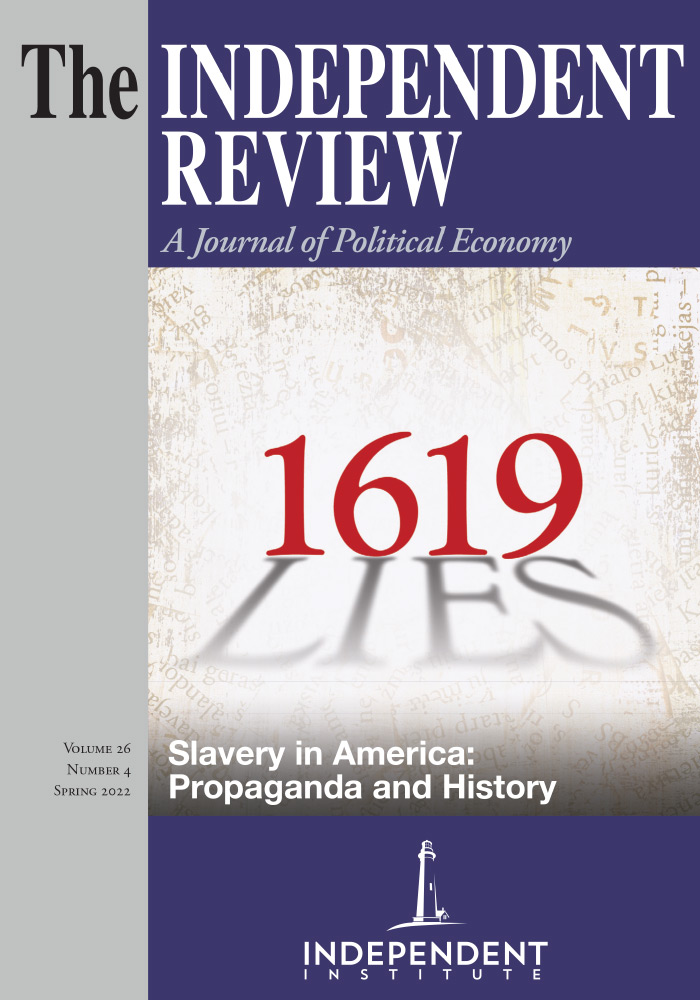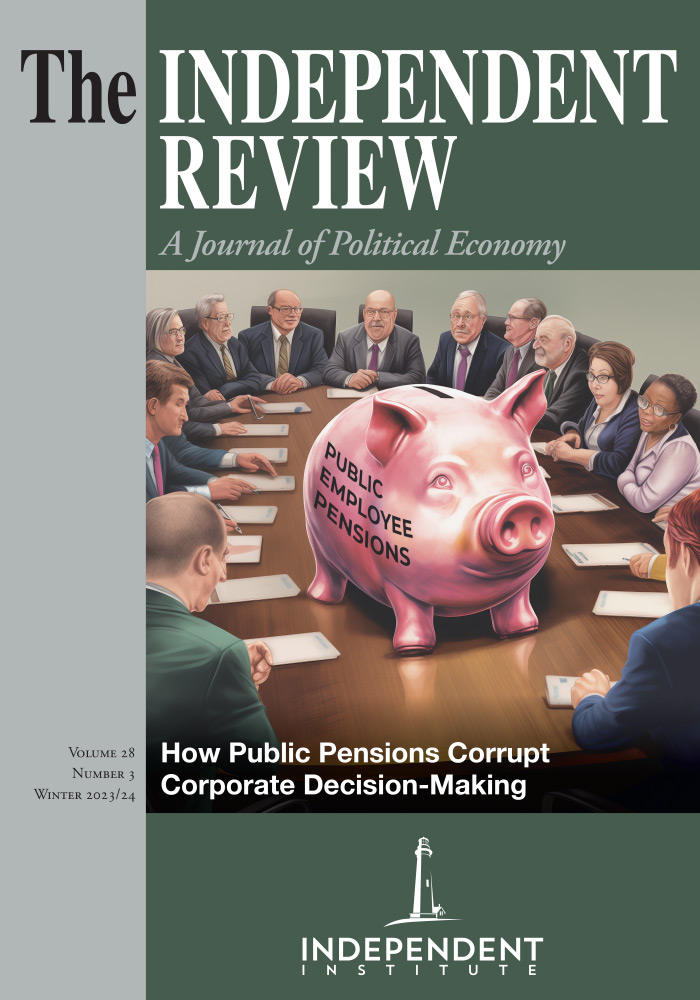Economist W.H. Hutt criticized South Africa’s apartheid but argued that unconstrained majoritarianism combined with capital mobility could result in instability that could make previously oppressed groups worse off even with elections—due to the likely emergence of a populist strongman. Thus, his work stands as a powerful free-market critique of discrimination and a precursor to subsequent research on the critical importance of institutional design in transitional democracies seeking to overcome colonialism’s legacies.
Phillip W. Magness is a Senior Fellow at the Independent Institute and David J. Theroux Chair in Political Economy
Art Carden is a Research Fellow at the Independent Institute and an Associate Professor of Economics at Samford University.
Ilia Murtazashvili is associate professor in the Graduate School of Public and International Affairs at the University of Pittsburgh.
Contemporary PoliticsCulture and SocietyDemocracyEconomyElections and Election LawFree Market EconomicsGovernment and PoliticsPhilosophy and ReligionRace Issues
| Other Independent Review articles by Phillip W. Magness | ||
| Fall 2023 | Radical Hope: A Teaching Manifesto | |
| Winter 2022/23 | The Hyperpoliticization of Higher Ed: Trends in Faculty Political Ideology, 1969–Present | |
| Spring 2021 | The Origins and Political Persistence of COVID-19 Lockdowns | |
| [View All (7)] | ||
| Other Independent Review articles by Art Carden | ||
| Fall 2023 | Thomas Sowell: Uncommon Perspectives on Culture, Society, and Economics | |
| Spring 2023 | The Creation of Knowledge in Society: Waste Defined by Property and Exchange | |
| Summer 2017 | We’ll Never Be Royals, but That Doesn’t Matter | |
| [View All (5)] | ||
| Other Independent Review articles by Ilia Murtazashvili | |
| Summer 2021 | American Institutional Exceptionalism and the Trump Presidency |
| Summer 2020 | The Fracking Debate: The Risks, Benefits, and Uncertainties of the Shale Revolution |
| Fall 2019 | More Boon Than Bane: How the U.S. Reaped the Rewards and Avoided the Costs of the Shale Boom |











